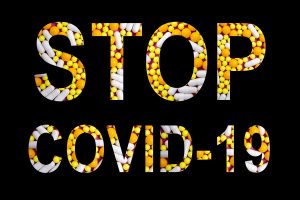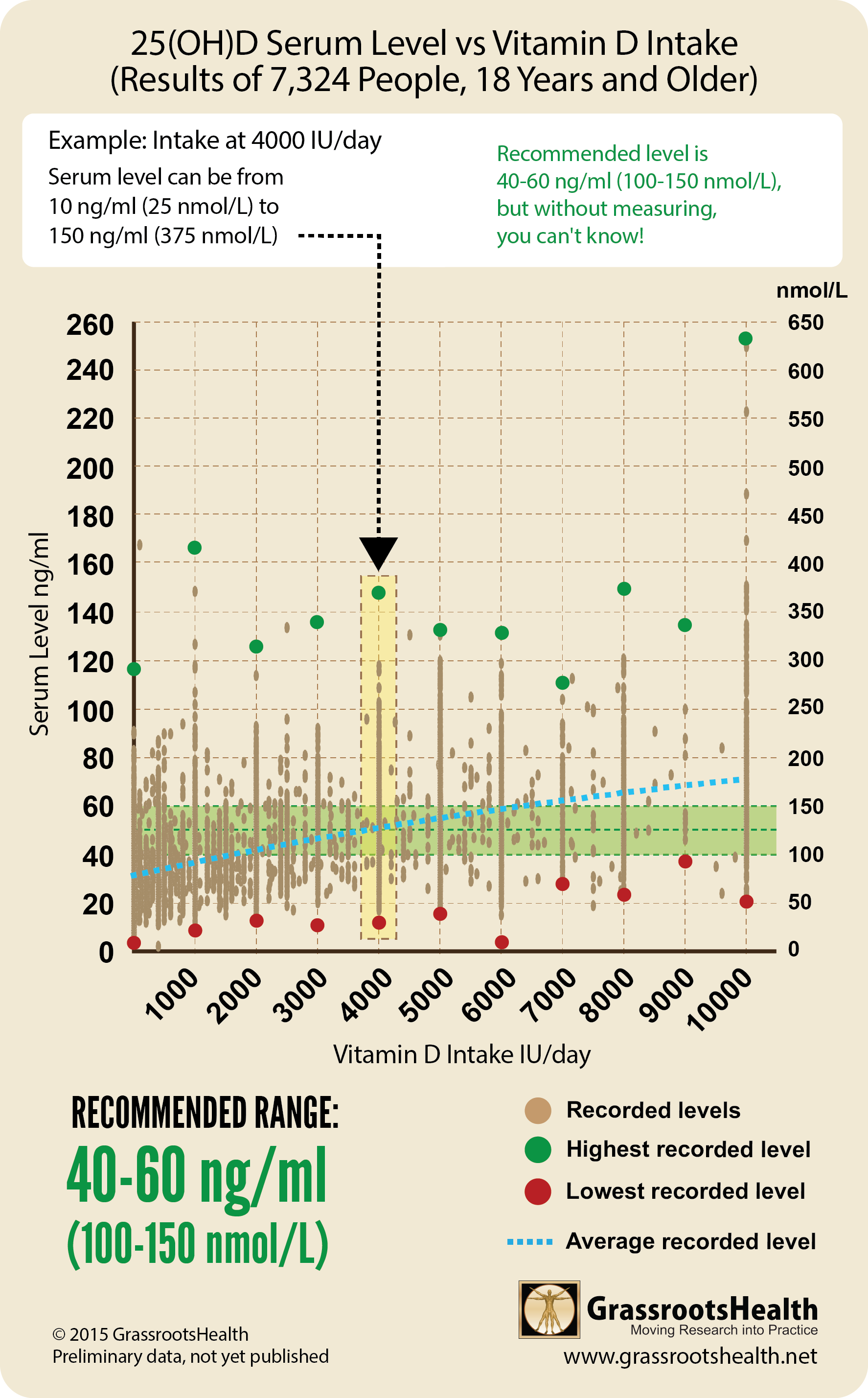Orthomolecular Medicine News Shares Physician Report on Nutrition for Immune Support Against COVID-19
 FOR IMMEDIATE RELEASE
FOR IMMEDIATE RELEASE
Orthomolecular Medicine News Service, January 17, 2021
by Doctor Y, Andrew W. Saul, and Robert G. Smith
(OMNS Jan 17, 2021) Speaking out on nutritional therapy for COVID-19 is risky for medical doctors. Yet another physician is being threatened by his state licensing board for writing what you are about to read. We are not calling him/her “Doctor Y” on a whim, but rather by necessity.
“It is widely thought that no effective ways currently exist to stop the SARS-COV-2 virus except social distancing, wearing masks, and vaccines. These methods are believed to be effective, but many people have resisted distancing and masks, and the vaccines have had inequitable delivery around the world. Evidently new mutated strains of the virus are transmitted faster, and it is not certain how much protection will be available from the existing or newly developed vaccines.
“Information about effective prevention methods has been censored. The problem is that a huge body of knowledge exists about the immune system’s nutritional needs that is relevant to the cause of severe pneumonia and death from COVID-19. But this body of knowledge is evidently not widely appreciated by the medical profession, the public, and government officials.
“It has been clearly shown over decades that several essential nutrients, including vitamin C, vitamin D, magnesium, zinc, and selenium, have anti-viral properties. [1-5]
It is also known that a majority of hospitalized COVID-19 individuals have deficiencies in one or more of these nutrients. [6] Further, it is known that severe pneumonia as in COVID-19 depletes many of the body’s essential nutrients. This often generates acute nutritional deficiencies that make COVID-19 more lethal. [7,8] And it has been shown in recent medical trials that simply administering vitamin C and vitamin D in huge but appropriate doses can effectively treat COVID-19 and prevent severe pneumonia and death. [8-18]
“Adequate nutrition has been shown in a variety of epidemiological studies to effectively prevent viral infection,
including COVID-19. Just bringing the body’s vitamin D up to an adequate level with inexpensive and safe supplements of vitamin D can reduce the risk of infection. [13-18] But this information about nutritional prevention and treatment of COVID-19 has not been widely appreciated by the medical profession. Apparently the problem has been that clinical trials of nutritional protocols, known to be effective in small cohorts of patients, have not been funded to be performed in large randomized controlled trials (RCTs). Consequently, large clinical trials of the nutritional protocols in preventing COVID-19 have not been published to establish “proof” that adequate doses of nutrients, including vitamins C and D, magnesium, zinc, and selenium are effective. Nevertheless, the nutritional protocol is inexpensive, very safe, and widely available around the world.
- Vitamin C, 1000 mg (or more) 3 times daily
- Vitamin D, 5,000 IU/day
- Magnesium 400 mg/d (in malate, citrate, chelate, or chloride form)
- Zinc, 20 mg/d
- Selenium 100 mcg/d
“Although it might seem unlikely to many people that inexpensive vitamins could help to prevent a pandemic, they can. [13] Vitamin D is not merely a vitamin; it is an essential hormone used widely in the body and is required for the immune system to function. [14-19] While vitamin C at the RDA dose level can prevent scurvy, it is required at higher levels for the immune system to function optimally, especially under duress of illness. [7-12] Vitamin C is quickly depleted during an acute viral infection. [7,8]
“To understand why the knowledge about nutritional approaches to prevention and treatment of viral infection has not been widely appreciated, one needs to understand some background about medical trials. A large RCT performed on cohorts comprising many thousands of people is very expensive, and can only be performed by a large corporation that stands to profit from the results, or by a government agency that is publicly funded. But such a large RCT to test a nutritional protocol is unlikely, given that the nutrients it tests are ordinary vitamins and minerals that cannot be patented, and given that government agencies generally work with the pharmaceutical industry to develop new drugs that will help the private sector flourish. Thus, without a clear conclusion from a RCT that a nutritional approach is effective, it is often stated that “no proof exists” about the nutritional approach.
“While a lack of “proof” would be a justifiable reason to not recommend the widespread use of a drug protocol, a nutritional protocol differs in several ways from a typical drug protocol. First, the trial must be designed to test appropriate doses. Inadequate doses have little effect. Dosage recommendations in this article are larger than the “recommended dietary allowance” (RDA) because vitamin C, vitamin D, magnesium, selenium and zinc have been utilized for many years and are known to be safe at these doses (and even higher ones).
“A nutritional trial must also determine the existing levels of the essential nutrients to be administered for each individual upon entry into the trial. The problem is, everyone has some of each nutrient in their body, for the nutrients are essential and we cannot live without them. Someone who is deficient, or becomes deficient during the course of an infection, may have a large effect from taking a vitamin or mineral supplement, but someone else who does not have a deficiency will likely not show much benefit. And different individuals likely will have different deficiencies. All of these effects can easily confound a RCT that tests a nutritional protocol, which is why the benefit of nutritional protocols for the pandemic has not been precisely “proven.”
“Thus, even though it is known that the nutritional protocol is effective for preventing a wide variety of viral infections, and has been shown in small clinical trials to be effective in treating COVID-19 to prevent serious pneumonia and death,
there is currently a “lack of evidence” about its efficacy in preventing infection in large populations. This would be an acceptable justification for avoiding use of a drug, but the nutritional protocol is inexpensive, safe, and widely available to the public. [11-15] The problem is apparently that the medical establishment and government agencies have been so focused upon drug or vaccine treatments that they have dismissed the life-saving knowledge about nutrition for empowering the immune system and preventing and treating the COVID-19 infection. [13,23] The burden of proof that is necessary for approval of a prescription drug protocol (read “dangerous enough to require a prescription”) is very different than the burden of proof necessary for widespread utilization of a safe nutritional protocol. We need to consume more of the essential nutrients in our food. [20-23] Larger supplemental doses in the nutritional protocol are safe. [1-23] Thus, claiming “no proof” is not a reason to dismiss adequately high and safe doses of vitamins and minerals.”
This concludes Dr. Y’s report. You may find that if you try to share this on Facebook, Twitter, or YouTube that it – and perhaps you – will be blocked. When the mainstream media ignores the concerns of licensed physicians, and the social media actively censors them, we have a problem. [24-26]
For the OMNS free subscription go to http://orthomolecular.org/subscribe.html, and archive at http://orthomolecular.org/resources/omns/index.shtml.
View this press release online here.
Is 5,000 IU Vitamin D Enough for YOU?
A major issue that must be highlighted and acted on immediately is the individual response to vitamin D supplementation. There is no one dose suggestion for everyone (one person may need only 2,000 IU/day while another may need 10,000 IU/day to achieve the same result, as can be seen in the chart below). The ONLY way to know if you are getting enough or getting too much vitamin D is to test your blood level and adjust your dose to reach 40-60 ng/ml.
By joining the GrassrootsHealth projects, you are not only contributing valuable information to our study, but you are also gaining knowledge about how you could improve your own health through measuring and tracking your vitamin D level and other nutrient status, and educating yourself on how to improve it. Do you know what your status of vitamin D, omega-3s, and other essential nutrients is? Could your levels be improved? Test now to find out!


